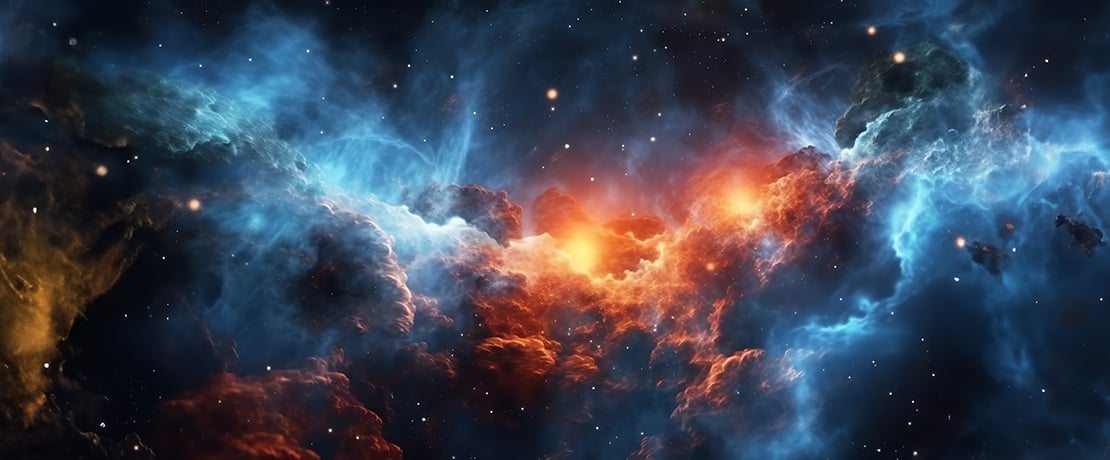
Astronomy
Observe, research, and interpret astronomical phenomena to increase basic knowledge or apply such information to practical problems.
|
Jobs available locally 10 |
Demand Locally +0 % |
Annual Wage Range $47,029 – $184,422 |
Teach courses in the physical sciences, except chemistry and physics. Includes both teachers primarily engaged in teaching, and those who do a combination of teaching and research.
|
Jobs available locally 10,258 |
Demand Locally +1 % |
Annual Wage Range $50,998 – $214,067 |
Teach courses pertaining to the laws of matter and energy. Includes both teachers primarily engaged in teaching and those who do a combination of teaching and research.
|
Jobs available locally 10,258 |
Demand Locally +1 % |
Annual Wage Range $50,998 – $214,067 |
Program Level:
Pre-Majors/Transfer
Program Type:
Face-to-Face
Department:
Natural Sciences
Institute:
Science & Technology
College:
SAC
What is Astronomy?Astronomy is the study of the universe beyond Earth’s atmosphere, including the solar system, stars and galaxies. It’s both an ancient and a modern science that examines the origins of the universe, Earth’s place in the cosmos, and humanity’s future in space. What will I learn?Drawing from mathematics, physics and chemistry, you’ll develop an understanding of the motions of celestial objects, basic principles of light and spectroscopy, similarities and differences between the worlds of the solar system, the evolution of stars and galaxies, the origins and expansion of the universe and the habitability of other worlds. You’ll also discover astronomy’s connection to many aspects of human culture. What can I do with this course of study?You can pursue a career in astronomy or other natural sciences by transferring to a bachelor’s program. This course lays the foundation for a research career in an academic setting or a professional career with one of the organizations devoted to space exploration, such as NASA, Space X and Blue Origins. |
What's special about the program at SAC?SAC offers the only astronomy program in San Antonio with direct access to a planetarium and Challenger Learning Center. Our program has acquired two digital telescopes that will allow students to peer through the light pollution of downtown. Our faculty is part of the NASA Community College network, which gives SAC students access to curriculum built around exciting new discoveries, a nationwide network of professional astronomers, and student internship opportunities with NASA, other universities, and other space exploration organizations.
-Socrates, Philosopher |
Course Resources
Contact Us
|
David Wood |
Shelly Sheppard
|
Debbie Dye |
|
Margarita Cooper |
|
|